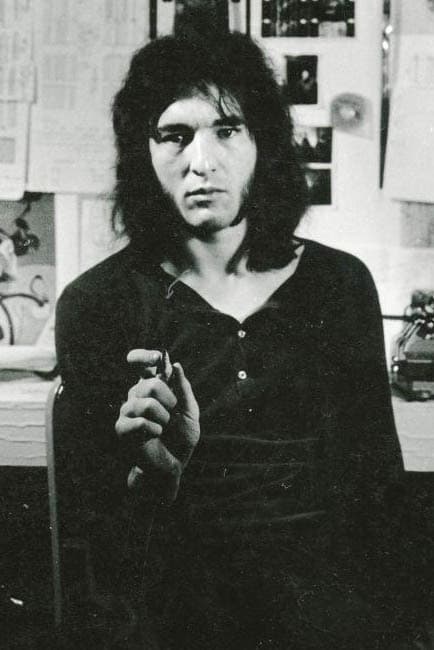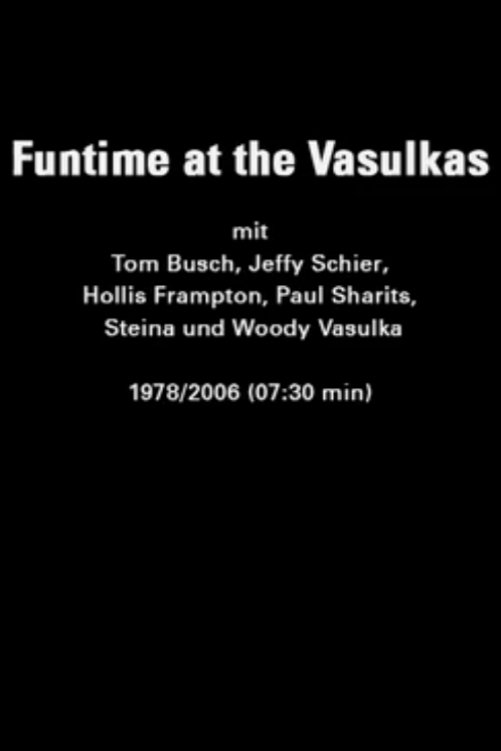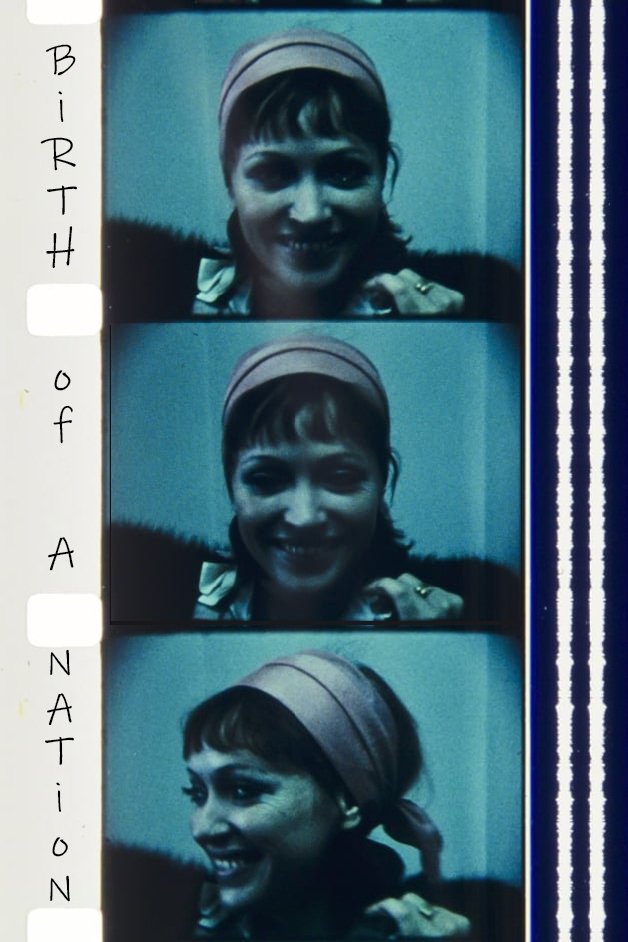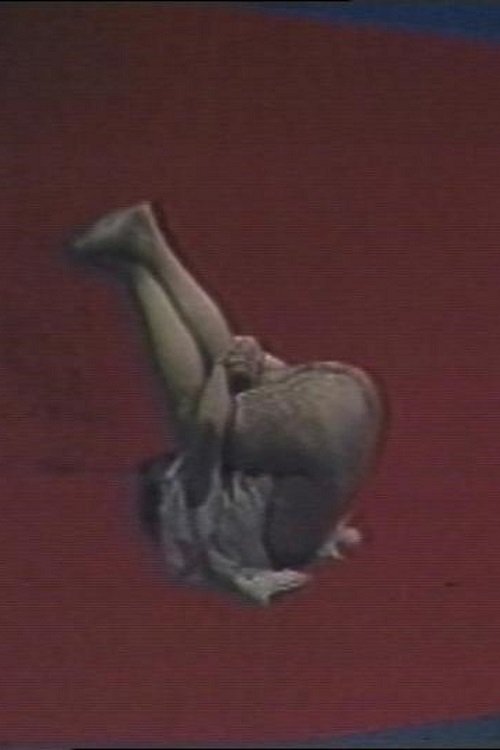

Long after his premature death, the impact of Paul Sharits lingers on. The prominent iconoclast and innovator provoked with fast-flickering, pulsating, colourful mosaics. The many interviews and testimonies are also a portrait of a generation of leading voices in experimental filmmaking.

A recording of a meeting in the studio where Jeffrey Schier and Woody show colleagues and teachers a new tool. Between 1976 and 1980, Woody and Schier designed a prototype device, the Vasulka Imaging System, or Digital Image Articulator. It was one of the first digital audiovisual tools to generate image algorithms and convert them to an analog signal. In the 1970s and 1980s, the Department of Media Study at the State University of New York at Buffalo became one of these places of, teaching and mediating, in the area of Media Art, developing into what was perhaps to the most influential school for media in the twentieth century. Teaching there under the leadership of the founder Gerald O’Grady were the (meanwhile canonized) structuralist, avantgarde filmmakers Hollis Frampton, Tony Conrad, and Paul Sharits, documentary filmmaker James Blue, video artists Steina and Woody Vasulka, and Peter Weibel.

Filmmaker Jonas Mekas films 160 underground film people over four decades.

'Rapture' is a fierce vision of a Dionysian experience, a tightly controlled visual statement about the abandonment of self to heightened transportive states. It is also an exploration of the similarity between 'religious' and 'visionary' ecstasy and psychotic states.
Trained as a graphic artist and a painter, Paul Sharits became an avant-garde filmmaker noted for manipulating the film stock itself to create a variety of fascinating, abstract light and colorplays when projected on the screen. Fans hail the effects hallucinogenic, while his detractors find them garish. Sharits is also known for establishing experimental film groups at prominent universities, including one at the University of Indiana where he studied. He later taught and developed an undergraduate film program at Antioch College. Between 1973 and 1992, Sharits taught at the Center for Media Study at the State University of New York. His films can be seen in various U.S. and European museums, film centers, and libraries. Much of his work can be found in the Anthology Film Archives in New York City. ~ Sandra Brennan,
By browsing this website, you accept our cookies policy.